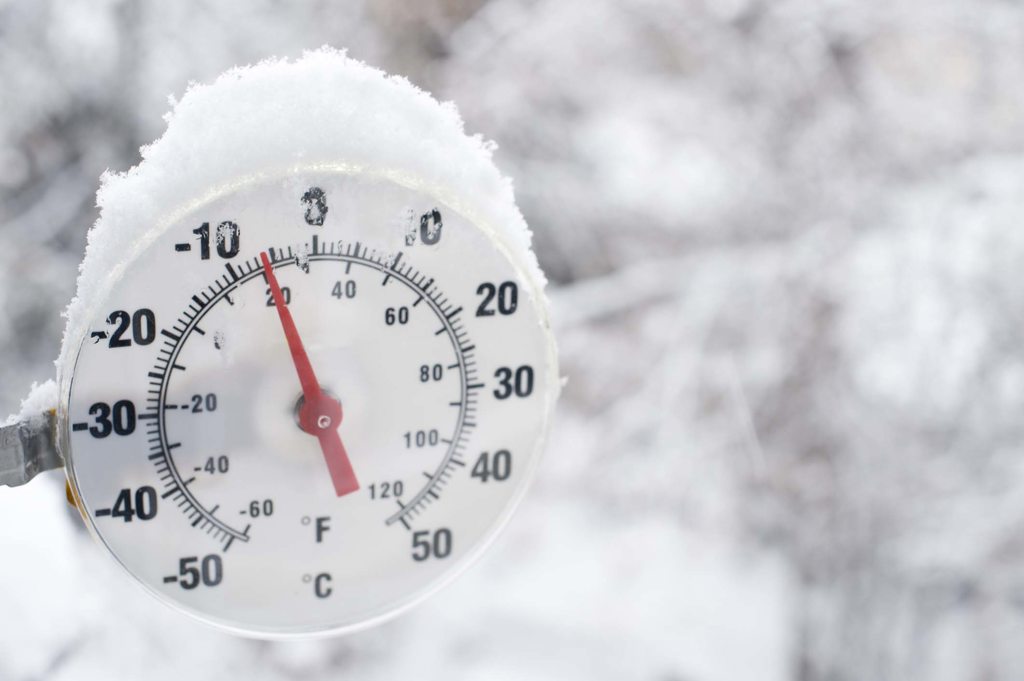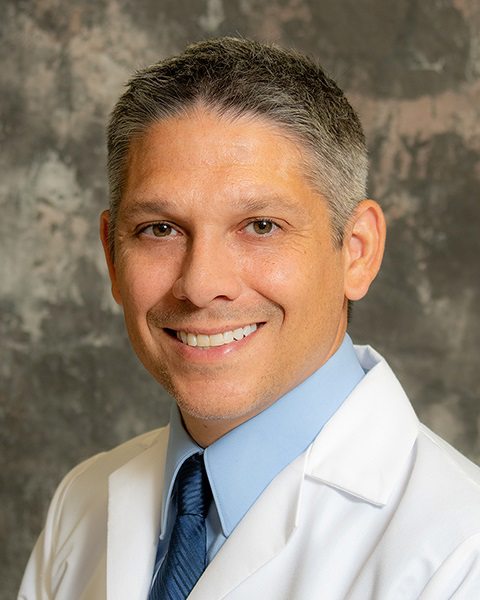When Snow Falls, Hospital Visits Rise

Snow can look really fluffy and pretty when you are watching it fall from indoors, but when you are outside shoveling it, as well as playing, walking or driving in snowy conditions, the accumulation of these white flakes can be hazardous to your health.
“Winter weather is tough on everyone. When temperatures drop, snow falls or winter storms occur, we see an increase in the number of people presenting at our Emergency Departments,” said Shane R. Sergent, DO, an emergency medicine physician and the Central Region Medical Director of Emergency Medicine at Penn Highlands Healthcare. “Falls are common among people of all ages. People with chronic conditions such as heart or lung disease may be at risk of complications. It is important to know your health risks.”
Winter storms can cause many health risks including:
- Back Injuries – Cold weather causes muscles, tendons and ligaments in the spine to tighten and become stiff which increases the risk of back injuries when shoveling snow. The National Weather Service recommends the following tips:
- Wear boots or shoes with rubber soles to avoid slipping and falling.
- When shoveling, move only small amounts of snow with each pass of the shovel.
- Take frequent breaks and stop shoveling entirely if you feel exhausted.
- Car Accidents – According to the American Automobile Association (AAA) Foundation for Traffic Safety, winter storms, bad weather and sloppy road conditions are a factor in nearly 500,000 crashes and more than 2,000 road deaths every winter. AAA recommends the following tips:
- Stay home. Only go out if it is absolutely necessary.
- Drive slowly.
- Increase your following distance.
- Carbon Monoxide Poisoning – Carbon monoxide is colorless, odorless and tasteless which makes it difficult to detect. Sometimes winter storms can cause power outages which often lead to people using alternative heating sources such as gas stoves and portable generators indoors which can produce dangerous levels of carbon monoxide if not properly ventilated. To protect yourself and your loved ones:
- Read and follow the manufacturer’s instructions that accompany fuel burning devices.
- Make sure all of your appliances are working properly.
- Install carbon monoxide detectors on every level of your home.
- Frostbite – When the body is exposed to cold temperatures for a long period of time, frostbite, the freezing of body tissues, can occur. Frostbite typically affects the extremities such as fingers, toes, ears and nose. To prevent frostbite:
- Dress in warm layers.
- Protect your extremities by wearing socks, gloves and a hat.
- Stay dry.
- Heart Attacks – Snow shoveling, which is a strenuous activity, can strain the heart because it raises blood pressure and the heart rate. It is especially dangerous for people with pre-existing heart conditions or who are not physically fit. To reduce the risk of heart attack while shoveling snow:
- Avoid shoveling right after you wake up because many heart attacks occur early in the morning when blood is more likely to clot.
- Do not shovel immediately following a heavy meal.
- Do not lift a heavy shovel filled with snow. Use a smaller shovel. Many smaller loads is safer than fewer heavy ones.
- Hypothermia – An abnormally low body temperature can occur when a person is exposed to extremely low temperatures. Warning signs include shivering, confusion, exhaustion and slurred speech. To avoid hypothermia:
- Dress in layers of warm clothing including a hat and gloves.
- Stay dry and change out of wet clothing promptly.
- Avoid alcohol and caffeine.
“One of the best ways to stay injury-free this winter is to reduce your exposure to the weather conditions that can cause them,” said Dr. Sergent. “If you suspect any injury due to snow or cold temperatures, seek medical care by a physician or provider as soon as possible; and if the condition warrants, do not hesitate to contact 9-1-1.”
Penn Highlands Healthcare provides emergency care throughout Pennsylvania. Highly skilled emergency physicians, providers, nurses and staff provide 24-hour urgent care for all medical emergencies, 365 days a year. If you think your condition requires immediate treatment, call 9-1-1 or go to the nearest emergency room. To learn more, visit www.phhealthcare.org/ED.

